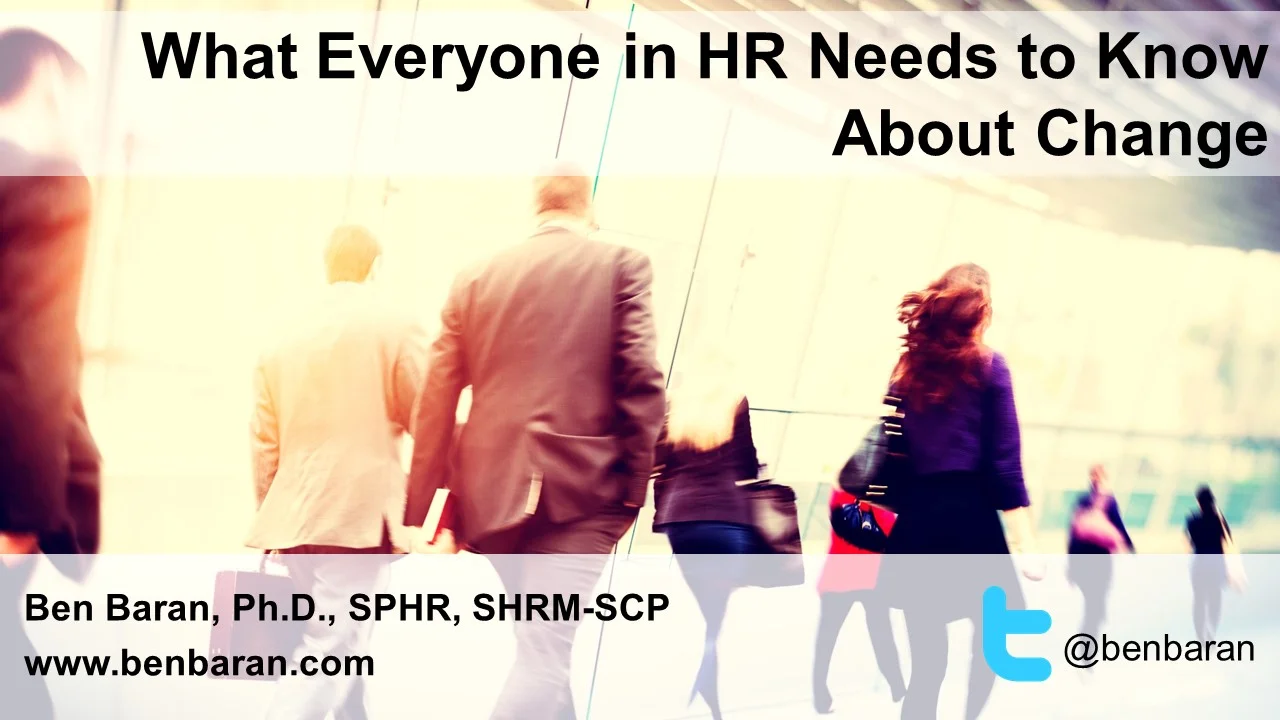Exciting changes in the world of human resources (HR) abound. As noted by Stephen Barley (University of California Santa Barbara), Beth Bechky, and Frances Milliken (both of New York University) in their recent article in Academy of Management Discoveries,
“Few people would deny that the nature of work and employment has changed over the last four decades, not only in the United States but in many countries worldwide. Moreover, the nature of work is likely to continue to change as we move further into the 21st century.”
Such changes make HR work continually dynamic, with evolving practices with regard to new technologies, the increasing prevalence of contingent workers, and more. Barley and his coauthors also mention the rise of artificial intelligence and the rise of project-based work as fundamental shifts that will influence careers and even how people think about themselves in relation to their organizations and society.
These changes alone are enough to keep HR leaders and other executives up at night.
Yet I wonder
Read More
















